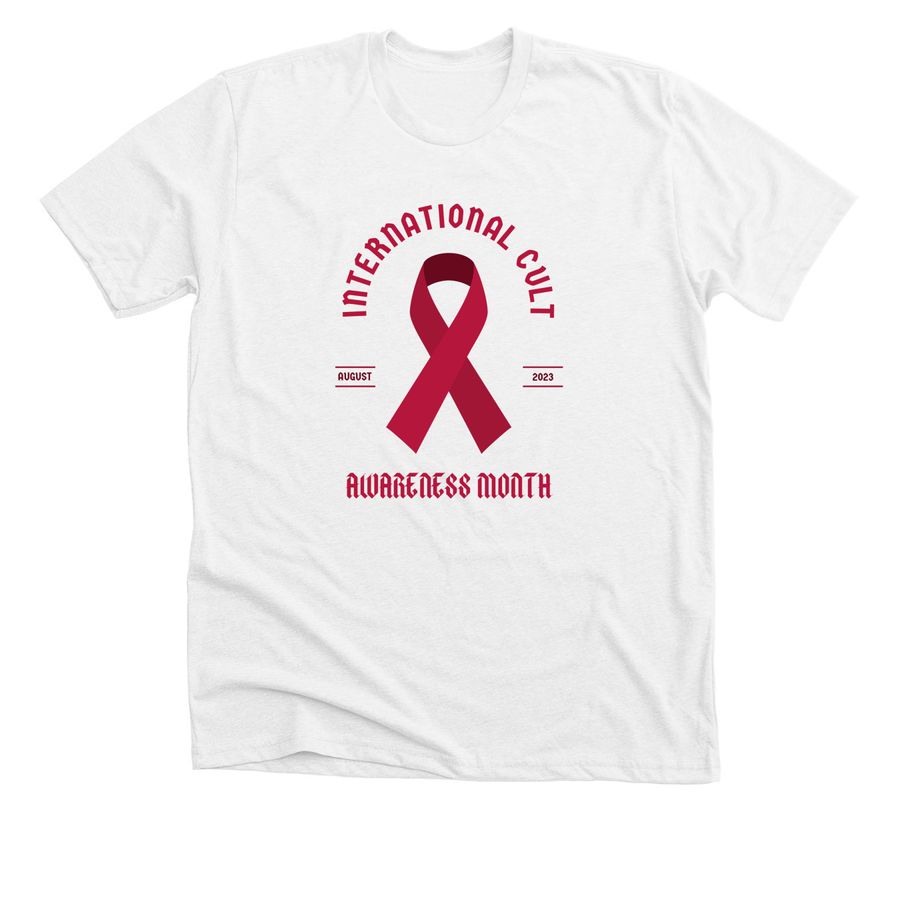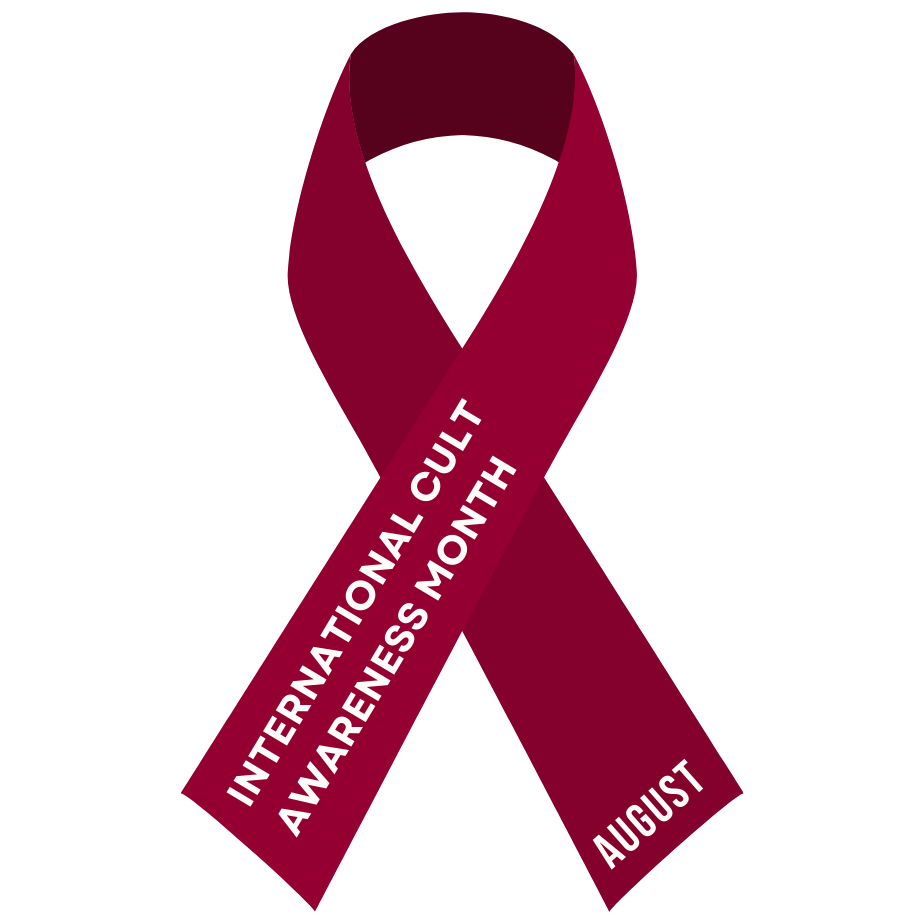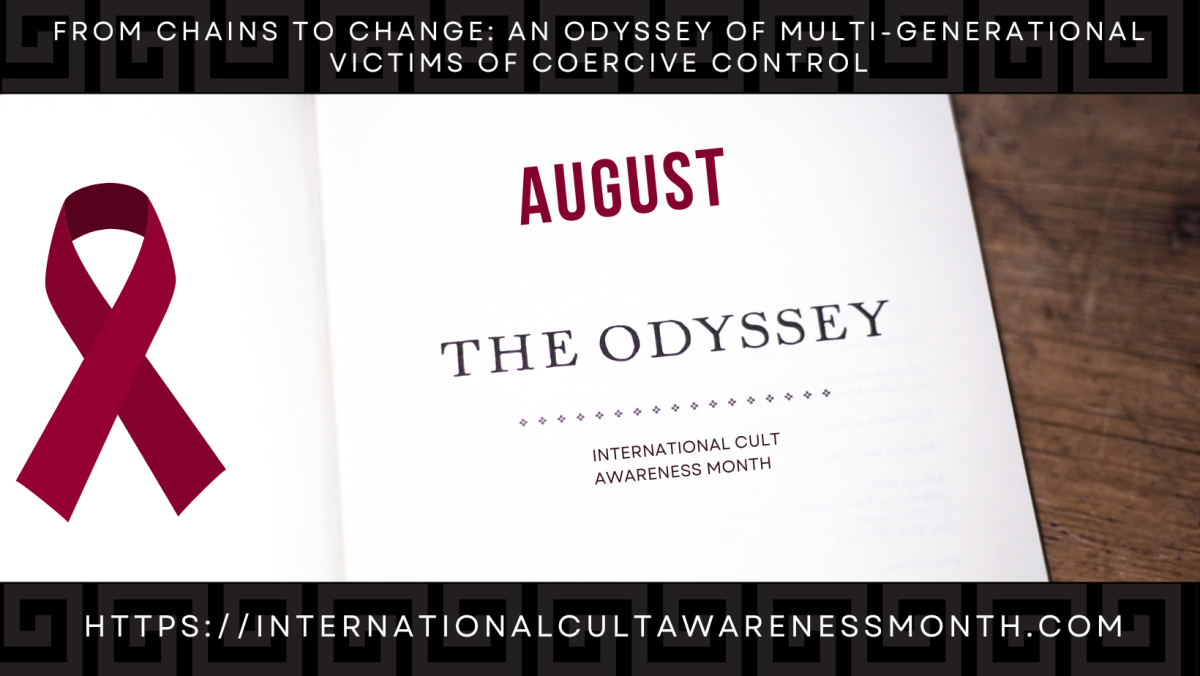International Cult Awareness Month is here! In the Odyssey, the great Greek epic by Homer, the hero Odysseus faces many trials on his journey home (Griffin, 2004). Like Odysseus, who was ensnared by the enchanting song of the Sirens, victims of cults often find themselves entrapped by charismatic leaders who use manipulative tactics to gain and maintain control over them. International Cult Awareness Month is essential in bringing to light this dark issue. Cultic abuse is an issue that often remains obscured from public discourse.
Coercive Control and Undue Influence
Coercive control, a strategic pattern of dominance and oppression, is at the heart of cult behaviors (Moya, 2018). Cult leaders employ manipulative techniques such as isolation, deception, gaslighting, and undue influence to subjugate their followers. These techniques are insidious and often gradual. This makes it harder for victims to realize their predicament until they are deeply entrenched in violence, abuse, isolation, and torture. Cultic abuse has a lot of similarities to domestic violence (Moya, 2018). In this vein, one can understand the manipulation used on victims to get them stuck in their situation. Similarly, one can understand how difficult it may be to get a victim out of their situation and into a safe place.
Just as the Odyssey’s hero navigates the treacherous waters between Scylla and Charybdis, victims of cults negotiate their perilous reality between the fear of punishment and the yearning for belonging (Ellsberg et al., 2015; Griffin, 2004; Javaid, 2016; Moya, 2018). They endure immense psychological and sometimes physical trauma, a destructive impact that persists even after escaping from the high-control environment of the cult (Hassan, 2015).
The BIG WHY for International Cult Awareness Month?
This is the BIG WHY for the need for awareness about cults and coercive control. Without knowledge and understanding of these manipulative systems, society risks unknowingly enabling such exploitative behaviors (Ellsberg et al., 2015; Michau et al., 2015). Moreover, victims themselves may remain unaware of their predicament. This is often compounded when the victims are born and/or raised within the confines of the cult. These individuals are known as second-generation cult victims (Hassan, 2015). They are often devoid of exposure to the external world. This makes it even more challenging for these individuals to recognize and escape the clutches of their oppressors.
Public Awareness & Support
The establishment of International Cult Awareness Month significantly helps in combating these issues. This dedicated month would allow the organizations dedicated to helping victims leave and heal, like Freedom Train Project Incorporated and others like us, who are part of the counter-cult movement, to focus on educating the public. We seek to bring awareness about the nature of cults, the signs of coercive control, and the extensive harm they inflict on victims (Ellsberg et al., 2015; Michau et al., 2015). Furthermore, the month would provide a platform for victims and survivors to share their experiences, fostering a community of support and recovery.
Reaching a critical mass of information and understanding cults within society is essential to protecting potential victims and aiding those already ensnared (Sumner et al., 2015). Increased awareness could facilitate the early identification of such high-control groups and the intervention needed to disrupt their operations (Ellsberg et al., 2015; Hassan, 2015; Michau et al., 2015).
Victim Services
Moreover, greater awareness would inspire more support for victims. Victim services organizations, once made aware of this emerging victim population [EVP] or re-discovery population demographic, would be better equipped to offer targeted resources and assistance (Sumner et al., 2015). The recovery journey for cult victims, like Odysseus’s long voyage home to Ithaca, can be difficult. It demands resources, such as psychological support and socio-economic assistance, essential for healing the deep-seated trauma and reintegrating into society (Ellsberg et al., 2015; Michau et al., 2015; Spalek, 2017). However, these services are highly underfunded and sparse, partly due to the limited public understanding of the sheer magnitude and severity of the issue. By spotlighting the victims of cults and coercive control, International Cult Awareness Month could help secure much-needed funding and support for these critical services (Spalek, 2017).
The need for International Cult Awareness Month is as clear as the song of the Sirens is enticing. It is a call to action, a plea for recognition of the silent suffering of cult victims. By acknowledging and understanding the depth of their ordeal, society can make strides in providing the services that will help these victims chart their path from the chains of coercive control to the freedom of change. Just like Odysseus, who finally returns home after his long and difficult journey, these victims deserve a chance to return to a safe and supportive home.
Head to Week 1 for content and information to share on you social profiles as well as links to some academic studies and books published on Understanding Cults.
Reference
Ellsberg, M., Arango, D. J., Morton, M., Gennari, F., Kiplesund, S., Contreras, M., & Watts, C. (2015). Prevention of violence against women and girls: what does the evidence say? The Lancet, 385(9977), 1555-1566. https://doi.org/10.1016/S0140-6736(14)61703-7
Griffin, J. (2004). Homer: The Odyssey. Cambridge University Press.
Hassan, S. (2015). Combating cult mind control: The# 1 best-selling guide to protection, rescue, and recovery from destructive cults. Freedom of Mind Press.
Javaid, A. (2016). Feminism, masculinity and male rape: bringing male rape ‘out of the closet’. Journal of Gender studies, 25(3), 283-293. https://doi.org/10.1080/09589236.2014.959479
Michau, L., Horn, J., Bank, A., Dutt, M., & Zimmerman, C. (2015). Prevention of violence against women and girls: lessons from practice. The Lancet, 385(9978), 1672-1684. https://doi.org/10.1016/S0140-6736(14)61797-9
Moya, A. (2018). Violence, psychological trauma, and risk attitudes: Evidence from victims of violence in Colombia. Journal of Development Economics, 131, 15-27. https://doi.org/10.1016/j.jdeveco.2017.11.001
Spalek, B. (2017). Crime victims: Theory, policy and practice. Bloomsbury Publishing.
Sumner, S. A., Mercy, J. A., Dahlberg, L. L., Hillis, S. D., Klevens, J., & Houry, D. (2015). Violence in the United States: status, challenges, and opportunities. JAMA, 314(5), 478-488. https://doi.org/10.1001/jama.2015.8371
Support Victims
You can support victims by purchasing the Official 2023 International Cult Awareness T-Shirt. Proceeds from this shirt will be split into multiple budgets, including grants for organizations participating in ICAM, direct support for Victims/Survivors, as well as recognition of excellence in the field of victim support for cult survivors and coercive control.

This is the official t-shirt for the 2023 International Cult Awareness month. Limited.
Stand up against the manipulation, raise awareness, and celebrate the triumph of critical thinking with our exclusive 2023 International Cult Awareness Month T-Shirts! Designed to spark conversations and promote unity, these shirts are more than just apparel – they symbolize liberation and enlightenment. Donate now for this exclusive design.
Please note this page contains referral links to Amazon.com. All proceeds go to assisting survivors of cults and coercive control via a 501(c)(3) Non-Profit, The Freedom Train Project Incorporated.


Leave a Reply